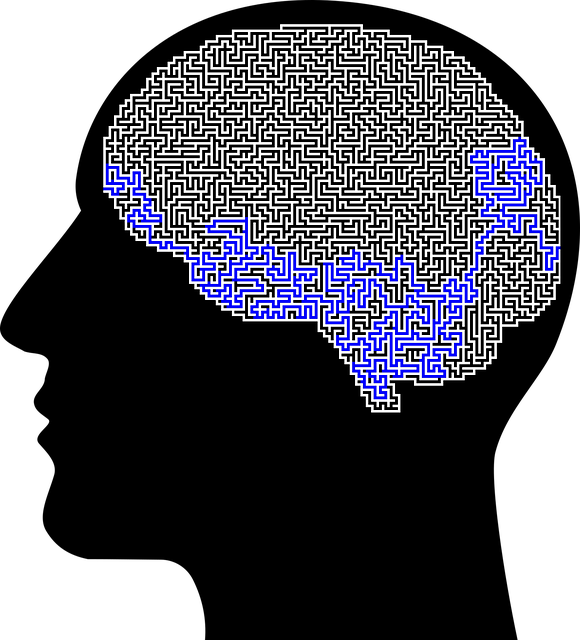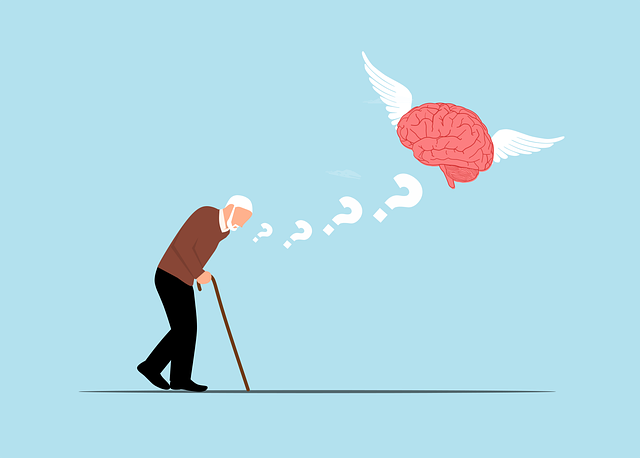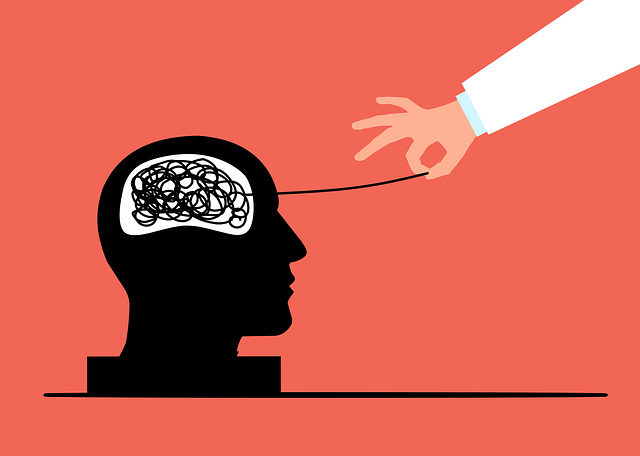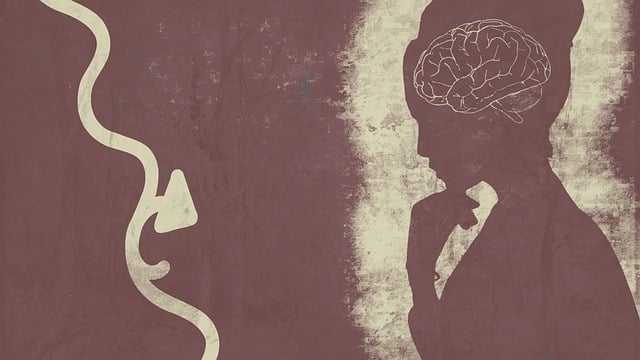Stress is a significant challenge for therapists, impacting performance and leading to burnout if unaddressed. Techniques like mindfulness meditation, self-care routines, and emotional intelligence training are crucial tools for stress reduction, enhancing therapist well-being and client care. Boulder Therapy, an innovative approach combining outdoor activities with nature-inspired mindfulness, offers unique benefits for mental health support. Mindfulness meditation, structured self-care, and incorporating Boulder Therapy techniques into clinical practice promote resilience, reduce stress, and improve crisis intervention skills in therapists and clinicians.
Stress reduction is essential for therapists and clinicians to maintain well-being and enhance client care. This article explores various methods, including Boulder Therapy—a unique, relaxing approach. We delve into the impacts of stress on mental health professionals and present practical strategies for daily implementation. Additionally, we discuss how incorporating Boulder Therapy techniques can revolutionize clinical practice, offering a holistic path to stress relief for therapists and their clients.
- Understanding Stress and Its Impact on Therapists
- Boulder Therapy: A Unique Approach to Relaxation
- Practical Strategies for Clinicians to Reduce Stress
- Incorporating Boulder Therapy into Clinical Practice
Understanding Stress and Its Impact on Therapists

Stress is an inevitable part of life for therapists and clinicians working in Boulder or any other setting. While it can enhance performance when managed effectively, prolonged exposure to stress can lead to burnout, depleting their emotional resources and impacting their ability to provide quality care. Therapists, like anyone else, are not immune to the effects of stress, which can manifest as physical exhaustion, mental fatigue, and even depression or anxiety disorders.
Understanding the impact of stress on therapists is crucial for fostering resilience and promoting healthy work-life balance. Techniques such as self-care practices, mindfulness, and emotional intelligence training play a significant role in stress reduction. These tools enable therapists to manage their own emotional well-being, thereby enhancing their ability to support clients effectively. Incorporating strategies for anxiety relief and depression prevention into their routines can significantly contribute to the overall wellness of both therapists and their clients.
Boulder Therapy: A Unique Approach to Relaxation

Boulder Therapy offers a unique and innovative approach to relaxation and stress reduction, appealing to therapists and clinicians looking to expand their toolkit for mental health support. This method leverages the natural environment, incorporating outdoor activities like hiking and mindfulness exercises inspired by nature. By connecting individuals with the outdoors, Boulder Therapy promotes a sense of tranquility and inner strength development. It’s not just about physical movement; it’s about fostering a deeper connection with the natural world, which has been shown to have profound effects on mental illness stigma reduction efforts and enhancing overall well-being.
Incorporating elements of both therapy and recreation, Boulder Therapy sessions are designed to create a supportive and calming atmosphere. Participants engage in guided meditations amidst scenic landscapes, learn breathing techniques tailored for stress management, and participate in activities that encourage mindfulness. These experiences not only facilitate mental health awareness but also empower individuals to cultivate inner resilience. By combining traditional therapeutic practices with the therapeutic benefits of nature, Boulder Therapy offers a fresh perspective on healing and relaxation.
Practical Strategies for Clinicians to Reduce Stress

Stress reduction is a vital aspect of self-care routine development for better mental health among therapists and clinicians. Incorporating practical strategies into their daily lives can significantly enhance resilience and prevent burnout. One effective method, often recommended in Boulder therapy circles, is mindfulness meditation. This simple yet powerful tool allows professionals to pause, take a breath, and recenter themselves. By dedicating just 10-15 minutes per day to mindful practices, therapists can boost their confidence and improve crisis intervention guidance.
Additionally, establishing structured self-care routines can provide much-needed relief from the demands of clinical work. This might include regular exercise, adequate sleep, and engaging in hobbies outside of therapy sessions. These activities serve as a form of stress release, allowing clinicians to recharge and approach their work with renewed energy and focus. It’s essential for therapists to prioritize self-care not just for their well-being but also to maintain the quality of care they provide to their clients.
Incorporating Boulder Therapy into Clinical Practice

Incorporating Boulder Therapy into clinical practice offers therapists and clinicians a unique and innovative approach to support clients’ mental health and well-being. This therapy method, which involves manipulating and arranging rocks and stones, has gained recognition for its potential benefits in stress reduction and emotional healing. By integrating Boulder Therapy techniques, professionals can enhance their treatment offerings, catering to diverse client needs.
For therapists, incorporating boulder elements into practice requires a shift in perspective and skill set. It demands an understanding of the therapeutic value of touch, manipulation, and connection with natural materials. Training in Boulder Therapy for Therapists-Clinicians enables them to learn specific techniques, such as using stones for relaxation, energy work, and emotional release. This can be particularly beneficial for individuals dealing with anxiety, depression, or those seeking alternative methods for self-esteem improvement. Moreover, the tactile nature of this therapy can contribute to a comprehensive Mental Health Policy Analysis and Advocacy approach by addressing sensory processing concerns often associated with mental illness, thereby complementing traditional talk therapies and fostering holistic healing.
Stress is an inevitable part of a therapist’s life, but it needn’t overwhelm them. By combining traditional practices with innovative approaches like Boulder Therapy, clinicians can achieve significant stress reduction. Incorporating techniques tailored to their unique needs and preferences allows for a holistic relaxation strategy. For therapists seeking to enhance well-being and maintain a healthy work-life balance, exploring Boulder Therapy for Therapists-Clinicians offers a promising path forward in navigating the demands of their profession.











